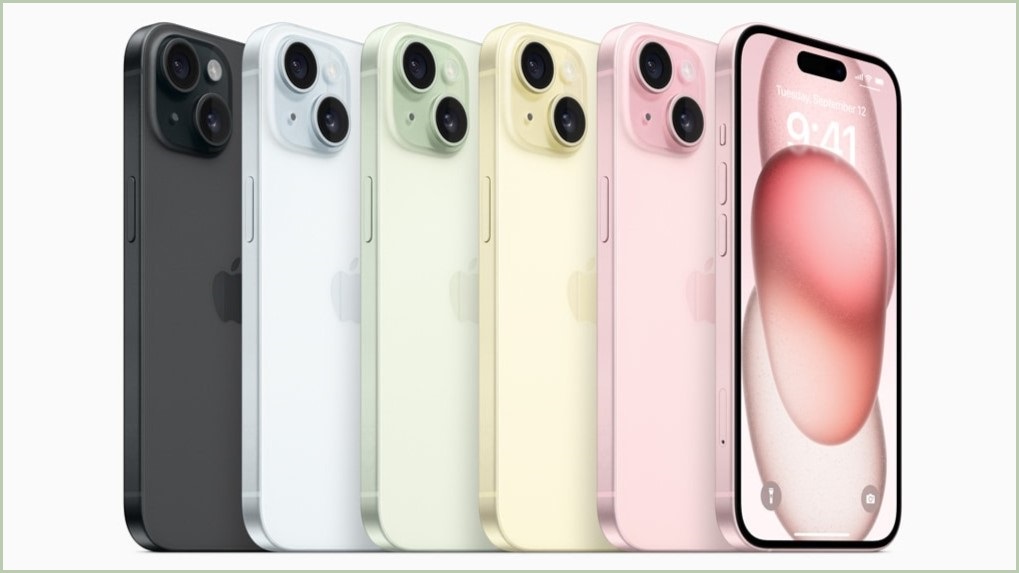Apple’s insistence on making devices with proprietary connectors has finally come to an end with the announcement that its iPhone 15 has ditched its Lightning charging port in favour of a USB-C connector.
The change means iPhone users will, at long last, be able to plug their phones in with the same cable as they use for other devices.
Make no mistake, this isn’t a show of good faith from Apple to its consumers so much as it is about bowing down to European Union regulators who last year passed rules requiring all consumer mobile devices sold in the bloc to adhere to a single charging standard.
At the launch of its iPhone 15, Kaiann Drance, VP iPhone Product Marketing called USB-C “a universally accepted standard” that has “been built into Apple products for years”.
“Now the same cable can charge Mac, iPad, iPhone, and even AirPods Pro second generation which is updated with a USB-C connector.
“If your AirPods are low on power you can charge them, and even your Apple Watch, with iPhone.”
Apple’s now obsolete Lightning connectors were introduced with the iPhone 5 back in 2012 to replace the wide 30-pin connector that had been charging its devices since 2003.
The iPhone 15 Pro will support USB 3.0 with a maximum data transfer speed of 10 Gbps while the iPhone 15 will support USB 2.0.
Apple claims both tiers of its new devices will support the upcoming Qi2 wireless charging standard.
Onboard AI is here
Much of Apple’s Wednesday morning iPhone and Apple Watch event – including the USB-C switch – had been telegraphed by leakers but it was worth seeing where the company’s focuses lay in its presentation.
Artificial intelligence was a notable feature for both sets of products, even if Apple did its best to avoid saying ‘AI’ at all.
Boosted AI cores in the S9 chips powering new Watch models will process Siri requests onboard, hopefully making the virtual assistant respond quicker and more reliably without having to ping requests to a cloud server.
Apple claims the onboard Siri processing “makes dictation up to 25 per cent more accurate”.
Siri, Amazon Alexa, and Google Assistant were all shown up during this year’s ChatGPT-inspired large language model hype so the ability to bring more of their capabilities directly to people’s hardware will go some way toward bridging that gap.
The new Apple Watches will also have an extra AI-driven gesture control feature called ‘double tap’ which lets people perform basic functions by tapping their index fingers and thumbs twice.
Gesture control also fits into the spatial computing element of Apple’s roadmap, getting its customers used to the screenless control.
The iPhone 15 price starts at $1,499 while the 15 Pro will sell from $1,849. The new iPhones will be available for pre-order on Friday and will start shipping next week.
The Apple Watch Series 9 retails from $649 and the Apple Watch Ultra 2 starts at $1,399.










